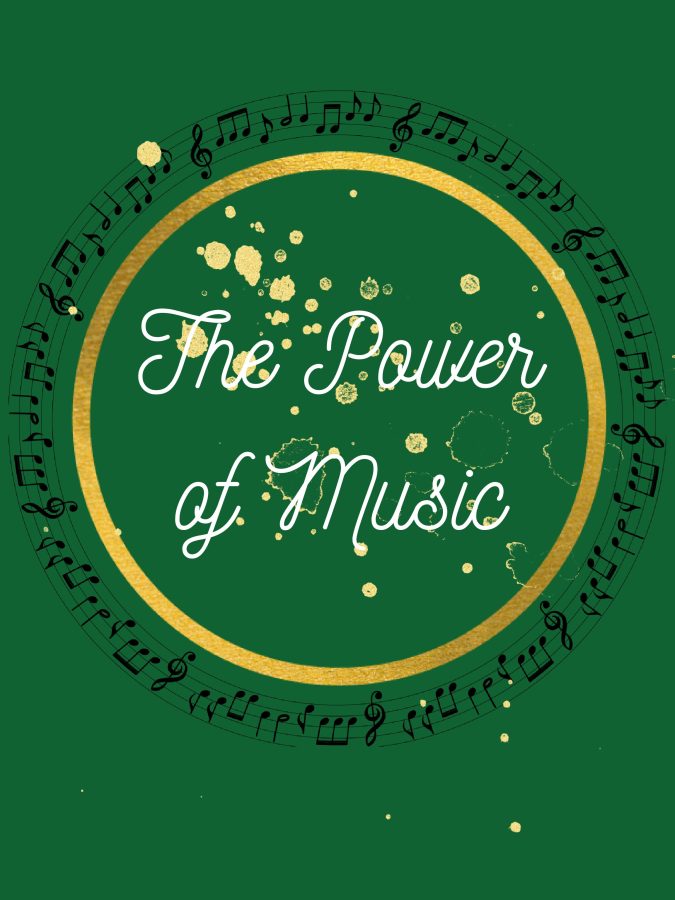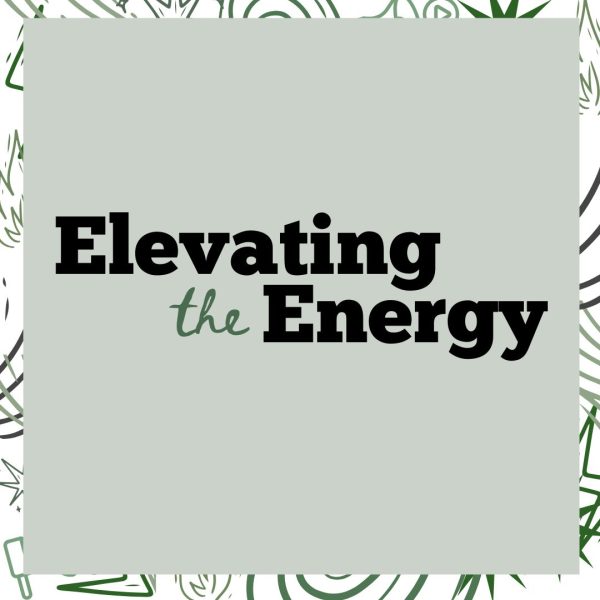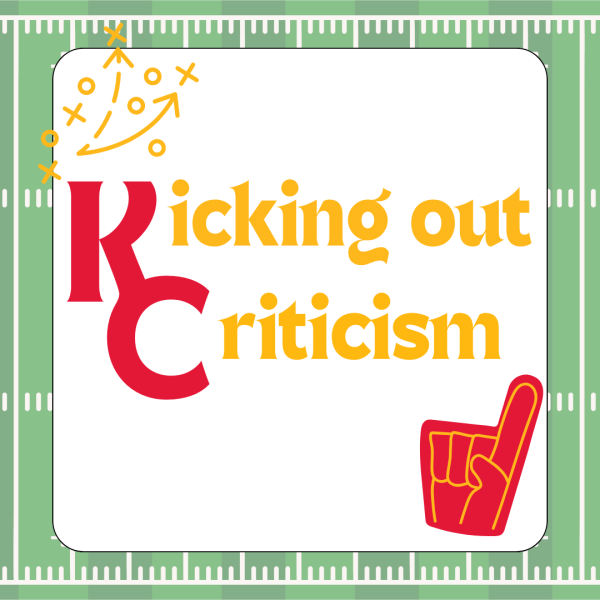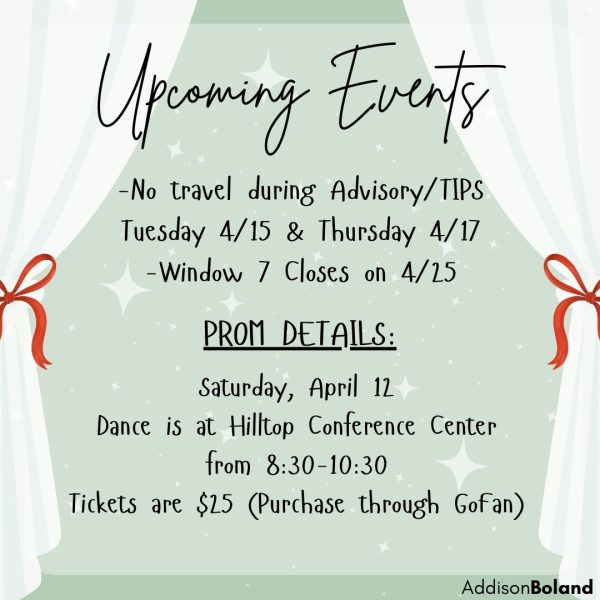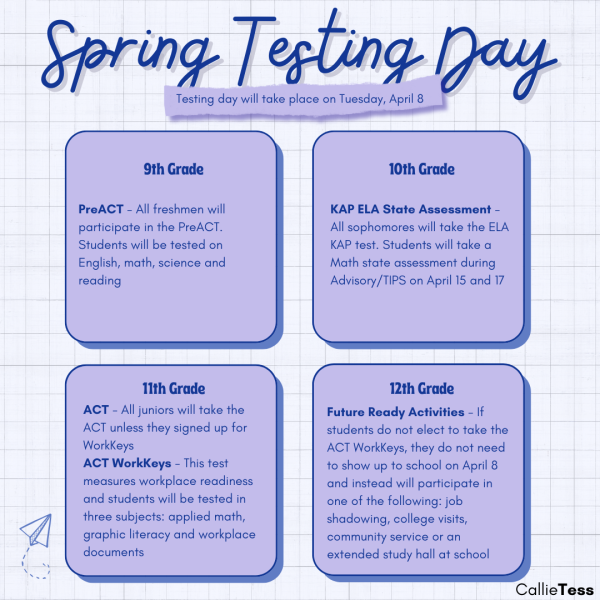The Power of Music
Music can help conquer many social and emotional battles within us. Ranging from anxiety and depression to just trying to fit in, music can be a guide when trying to navigate these issues.
Music helps many cope with emotions that can be overwhelming at times. Sophomore Trebleaire member and musician Elena Wood can attest to this.
“Whenever I’m feeling down, I listen to music or when I’m feeling excited, I listen to music,” Wood said. “I just think it’s really cool how many different genres of music there are for every situation.”
Many studies have been conducted at North Shore University Healthcare System to prove just how useful music can be when trying to improve moods and block out negative emotions.
“Music can boost the brain’s production of the hormone dopamine. This increased dopamine production helps relieve feelings of anxiety and depression.”
There are hundreds of musical genres to help express the multitude of moods one may be feeling at any given moment. This creates an outlet for people to work through their feelings. Junior, musician, Chamber Singers and Trebleaire member Emma-Kate Salin has found peace in her music, especially while playing her piano.
“I really like [playing the piano] because you can do a wide variety with it,” Salin said. “You can play sad, you can play polka, and jazz, and really anything.”
Not only can music help your mental health, but it can also help you socially. Many people feel a sense of belonging when joining a musical group. Wood has experienced this first hand.
“Everyone’s so welcoming [in the choir program] and I’ve made a lot of new friends,” Wood said. “I just feel really safe in this environment.”
Whether you play multiple instruments or only listen to music occasionally, music has an empowering impact on each and every one of our lives.
“I just think [music] is so cool,” Wood added. “I just really like how you can use it to communicate with people, and how it touches people.”


